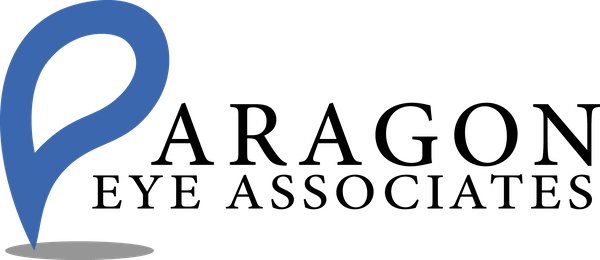November is National Diabetes Month, a time to raise awareness about this chronic condition and its numerous potential complications. Among these complications, one of the most significant and often underestimated is how diabetes can impact your vision. Let’s explore the eye-opening truth about the relationship between diabetes and the eyes.
Understanding Diabetes and Its Types
Before we delve into the effect of diabetes on the eyes, it’s important to grasp what diabetes is and the different types. Diabetes is a group of metabolic diseases characterized by high blood sugar levels, which can result from either insufficient insulin production (Type 1 diabetes) or the body’s inability to use insulin effectively (Type 2 diabetes).
Diabetes and Your Eyes
Diabetes can have a profound impact on the eyes, primarily due to changes in blood vessels and the retina. Here are some ways diabetes can affect your vision:
- Diabetic Retinopathy: This is one of the most common eye complications associated with diabetes. Over time, high blood sugar levels can damage the blood vessels in the retina, leading to a condition called diabetic retinopathy. In its early stages, you may not notice any symptoms. However, as it progresses, it can result in vision loss. Regular eye exams are essential to detect diabetic retinopathy early when it’s more manageable.
- Cataracts: Diabetes can increase your risk of developing cataracts, which cloud the eye’s natural lens, leading to blurred vision. While cataracts can occur in anyone, people with diabetes may develop them at a younger age.
- Glaucoma: Diabetes also raises the risk of glaucoma, a group of eye diseases that damage the optic nerve, often associated with increased eye pressure. Glaucoma can result in peripheral vision loss and, if left untreated, blindness.
- Blurry Vision: Fluctuations in blood sugar levels can cause temporary changes in your vision. When your blood sugar is too high, the lens in your eye may swell, leading to blurry vision. On the other hand, if your blood sugar is too low, it can cause double vision or difficulty focusing.
- Corneal Issues: Diabetes can affect the health of the cornea, the clear front surface of the eye. This can result in dry eyes, frequent infections, and slower healing after injuries or surgery.
Preventing and Managing Diabetes-Related Eye Issues
The good news is that with proper management and regular eye care, you can significantly reduce the risk of diabetes-related vision problems. Here are some steps to consider:
- Control Blood Sugar: Managing your blood sugar levels through diet, exercise, and medication prescribed by your healthcare provider is essential.
- Regular Eye Exams: Schedule comprehensive eye exams with an eye specialist or ophthalmologist at least once a year. Early detection and treatment are crucial in preventing severe vision problems.
- Healthy Lifestyle: Maintain a healthy lifestyle by eating a balanced diet, staying physically active, and not smoking. These practices can help manage diabetes and protect your eyes.
- Medication Compliance: If your doctor prescribes medication or eye drops for specific eye conditions, it’s crucial to adhere to the treatment plan.
In honor of National Diabetes Month, take this opportunity to learn more about the relationship between diabetes and your eyes. By staying informed and proactive about your eye health, you can better protect your vision and continue to enjoy the world around you. Don’t let diabetes cloud your view of life – make the effort to keep your vision clear and vibrant. The team at Paragon Eye Associates can help. We offer eye exams and other services to help you improve your vision and maintain good eye health.
Request an appointment using the form below or call (817) 277-6433 for our Arlington office or (817) 477-0223 for our Mansfield office. We look forward to seeing you!


